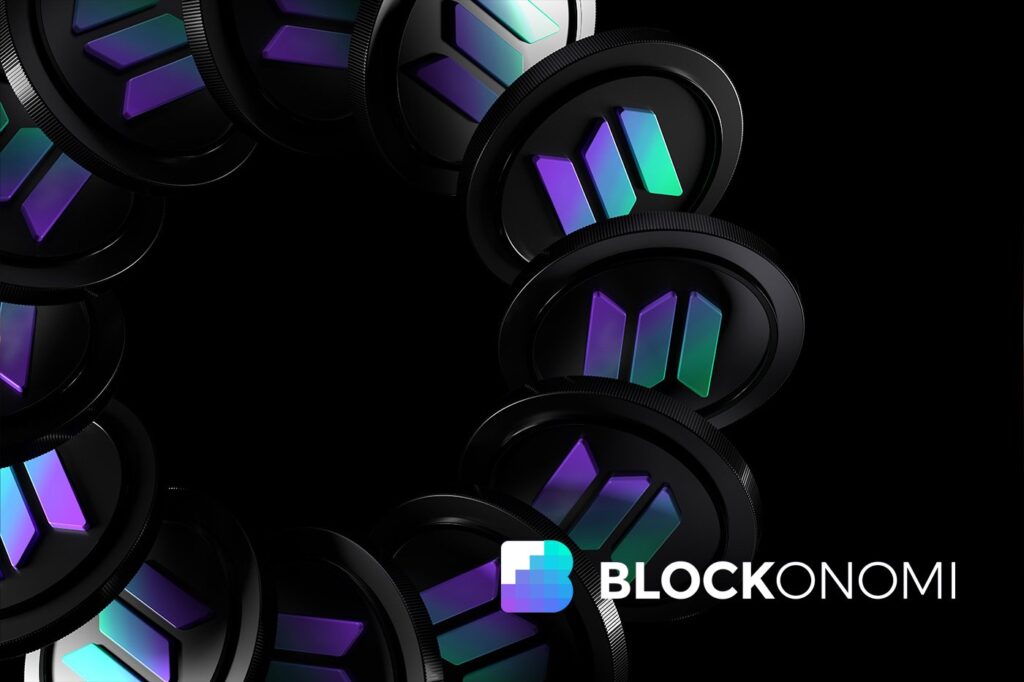TLDR:
- Alpenglow reduces Solana block finality from 12.8 seconds to about 150 milliseconds.
- Voting runs through September 2, with most validators showing strong support.
- A flat 1.6 SOL validator fee replaces per-slot vote costs, raising fairness debates.
- Faster speeds boost DeFi and gaming, but hardware demands raise centralization risks.
Solana validators are nearing approval of the Alpenglow consensus upgrade, known as SIMD-0326.
The voting window spans epochs 840 through 842, ending September 2 at 1:40 PM UTC. If passed, the upgrade will cut block finality from about 12.8 seconds to 150 milliseconds.
Strong community backing suggests adoption, though participation remains crucial for quorum.
Solana Technical Enhancements and Expected Benefits
Alpenglow introduces two mechanisms, Votor and Rotor, that aim to accelerate transaction processing.
Votor aggregates votes off-chain, reducing network overhead and allowing near-instant block confirmation. Meanwhile, Rotor improves block propagation by lowering redundancy and bandwidth use across validators.
These changes could make Solana’s transaction speeds comparable to centralized exchanges. Hence, decentralized finance (DeFi), gaming, and trading applications may achieve faster, smoother user experiences.
Moreover, sub-second finality would strengthen Solana’s appeal to institutional investors requiring low-latency settlement.
Alpenglow is a game-changer for Solana—slashing finality to near-instant and boosting the UX for DeFi, gaming, and trading apps to CEX-tier speeds. Most devs and the CT crowd are ultra-bullish, seeing this as a competitive edge, but there’s real debate about validator…
— Alva (@AlvaApp) September 1, 2025
Governance, Fees, and Validator Concerns
The governance process requires a two-thirds supermajority and a 33% quorum, including abstentions, for passage. Early voting shows over 99% support, but turnout is still below required levels. Consequently, wider validator participation remains essential before the deadline.
Economically, Alpenglow replaces per-slot on-chain vote fees with a Validator Admission Ticket (VAT). The VAT charges a flat 1.6 SOL fee per epoch, which is then burned to maintain token balance. Supporters say this streamlines costs, while critics warn it could burden smaller validators.
Besides fee adjustments, hardware demands may rise as validators must handle faster block propagation. Larger operators with greater resources may adapt more easily, raising concerns about validator centralization.
However, Solana developers emphasize resilience, with the system designed to remain stable even if 20% of validators fail or act adversarially.
The upgrade’s bullish case lies in performance gains, which could lock Solana’s role as a competitive Layer-1 blockchain. On the bearish side, governance tensions and validator concentration could challenge decentralization.
Hence, both performance and fairness will determine long-term adoption.
If approved, implementation will follow standard client readiness checks. Full rollout may take additional time, with further scrutiny on validator participation and economic balance. Moreover, monitoring network stability post-deployment will remain critical for developers and users.
